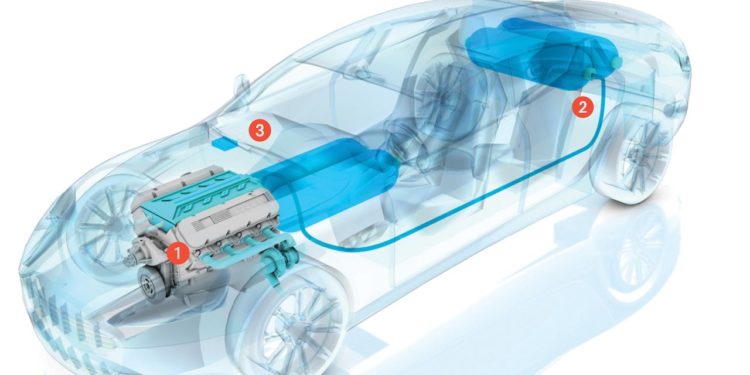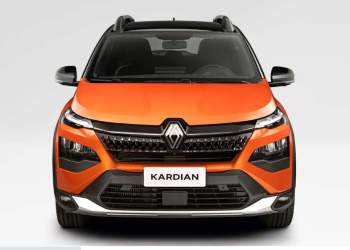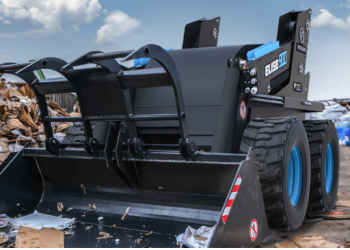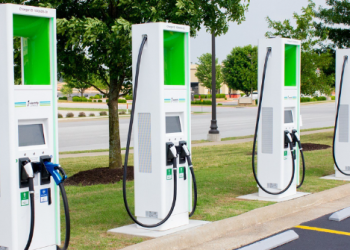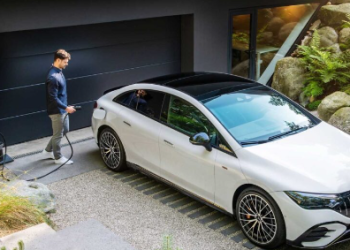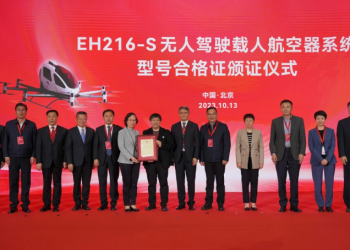With large automotive markets such as Canada, France, the United Kingdom, Spain or the state of California (USA) committed to leaving diesel and gasoline behind for the next two decades, the days of combustion engines seem numbered. However, in many situations, battery-powered motors will not be able to cover all needs.
“Electricity is not everything,” said Udo Rügheimer, the head of innovation and technology communications at Audi. “We need to use more renewable energy but we also need another form of energy that we could use instead when the sun is not shining and the wind is not blowing.”
The 2035 and 2040 are the dates when it will be prohibited to sell cars with combustion engines, creating the impression that the world is moving towards a future of electric mobility.
Nevertheless, there will be other vehicles that have to use alternative energy sources, according to several experts, industry officials and government representatives who spoke with Insider from one of the hubs of the transportation industry, Germany.
Other routes to explore
One of the most important alternatives to electric batteries is fuel cells, which use synthetic fuels like hydrogen to store and produce energy.
The head of the International Clean Transportation Council, a nonprofit research institution, Peter Mock, explained that considering the high costs of hydrogen, it would currently only make financial and environmental sense to apply this technology in aviation.
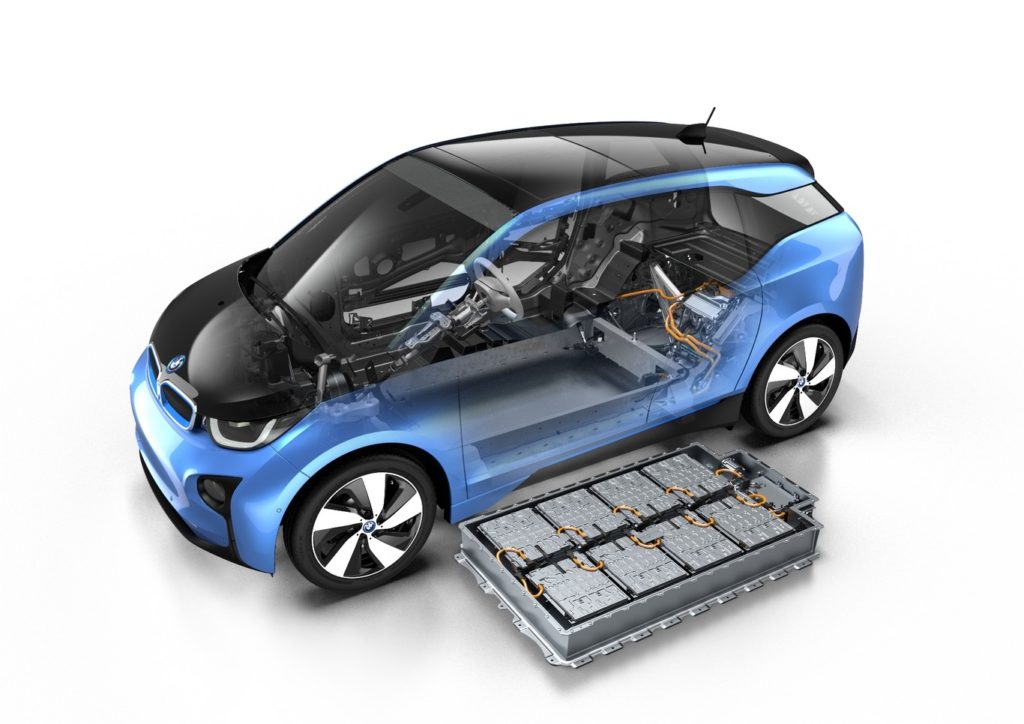
Image: Xataka.com
Philipp Prein of the Berlin-based clean transport think tank Agora Verkehrswende, believe that synthetic fuels will also be needed in shipping, which accounts for a significant part of global pollution, from ships carrying goods to pleasure cruises.
“When it comes to maritime, the options are to keep using combustion engines or transition to fuel cells,” explain Klaus Bonhoff, the director general for policy issues at the German Federal Ministry of Transport and Digital Infrastructure.
Related content: Swedish university manufacture a battery capable of allowing massive energy storage
The vehicles whose future is most uncertain are trucks. Many thinks they have three options – electric batteries, hydrogen batteries or wired electricity – but developing them all would be too expensive.
Batteries are not such an obvious choice in this case, due to the high-energy consumption of these heavy vehicles and the long distances they need to cover in a short period of time, which exacerbates the problem of range, or the need to increase the distances that an electric vehicle can do without recharging, something that also affects passenger cars.
At the same time, the possibility of using overhead cables such as those used by urban trams and trolleybuses at the time might not be such a strange idea. Siemens tested what was called an eHighway in Sweden in 2016 and did a similar project in Carson, California in 2017. A highway near Frankfurt (Germany) was prepared to use this technology and is in its second year of use before the Germans decide whether or not to continue with the project.
Read also: NASA invents ecological tires that does not requires air
Martin Lange, responsible for combating pollution and saving energy in transport at the German Environment Agency, considers that these roads with suspended cables are a good alternative, but they would need the European states to reach a consensus and coordinate to build the necessary infrastructure.
The other alternative for trucks is hydrogen cells. From a macroeconomic point of view, Lange sees them as the most expensive solution. However, Ferdinand Dudenhöffer, founder of the Center for Automotive Research at the University of Duisburg-Essen (Germany), believes that in these types of large and heavy vehicles, fuel cells can “win the race” because they offer a greater efficiency and do not require as much investment in the refueling infrastructure.
“With trucks and buses, one would only need a few fueling stations along one highway,” Dudenhöffer said.
He also explains that the heavy vehicles would be able to run for more than 310 miles in one fill-up. “Therefore, creating the infrastructure is feasible from an investment perspective as those fueling stations would also be generating a lot of traffic.”
Written by I Jhonattan González



